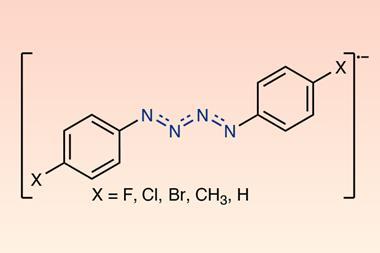Consumer Reports calls on brands to do more to lower levels of metals in their products
Testing by a US consumer group has found widely variable amounts of cadmium and lead in a variety of chocolate products, including chocolate bars, brownie mixes and chocolate chips.

A single serving of around a third of products tested by Consumer Reports scientists contained sufficient either lead or cadmium to exceed the state of California’s daily maximum allowable dose level (MADL). The US does not set federal limits for cadmium and lead content in foods, and California’s exposure limits are the most stringent set by any state. The EU introduced cadmium limits in chocolate and other foods in 2019. Exposure to heavy metals can damage the central nervous system, causing developmental delay and learning problems posing significant risk to pregnant women and children.
Lead and cadmium tend to accumulate more in cocoa solids than cocoa butter. Hence, products with higher proportions of cocoa solids such darker chocolate tended to contain more of the metals than products with lots of other ingredients.
Consumer Reports investigations have previously suggested that the metals get into cacao in different ways. Cadmium is taken up from the soil, and accumulates in the cacao bean as the plant grows. Meanwhile lead is mostly introduced as the beans dry, gathering contaminated dust and dirt.
The report suggests companies can do more to minimise lead in their products by promoting cleaner practices where drying beans are covered and soil contact minimised. Cadmium is more challenging to address but options include treating soils or replacing older cacao trees with younger ones, as well as blending beans from different areas to maintain lower average cadmium levels.
Consumer Reports has called on big brands to do more to reduce metal levels in their products. Hershey responded that it is continuing to look for ways to remove more of the metals in its products, while Nestle said it was working with suppliers to monitor and minimise these substances in its foods.

















No comments yet